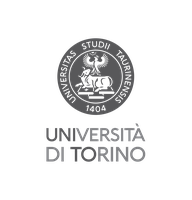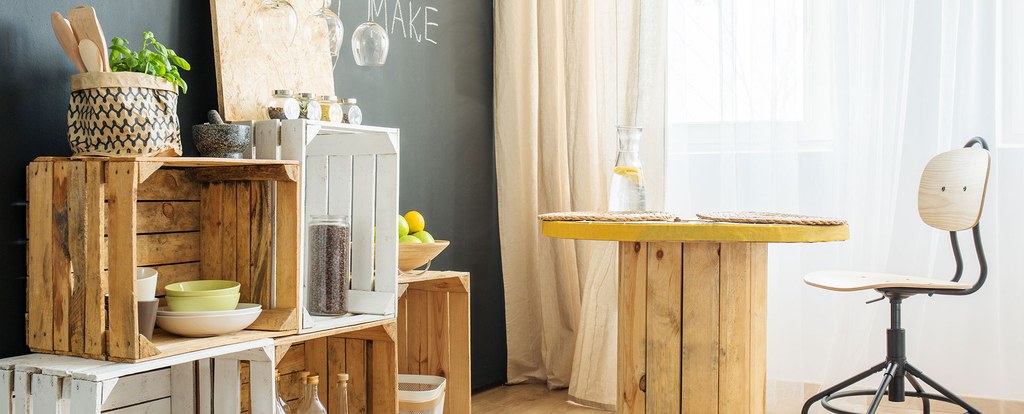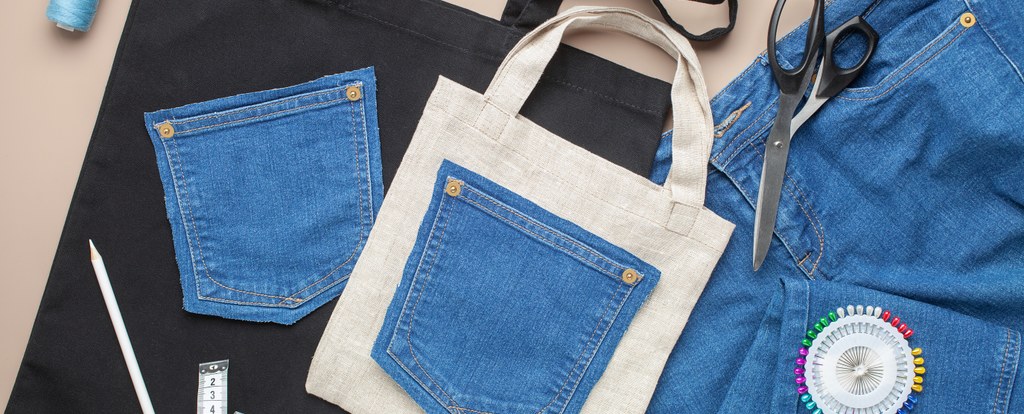Research
CULT-UP will produce conceptual tools to be applied to the practices of recovering plastic objects and textiles.
The empirical development activity of the project will focus on the innovative construction of sustainability education and offer a new training model (CULT-UP) to demonstrate the impact of upcycling textiles and plastics. The research will develop tools, transfer methods and communication strategies that can be used by institutions involved in recycling and sustainability.
The project intends to carry out training and awareness raising activities on upcycling. These will be integrated not only in the educational field, but also in the cultural and social field. It will aim to translate scientific literature on the subject and popularize it to a large audience through public involvement initiatives, in order to highlight the necessary ways to upcycle and reuse waste products.
The project includes an articulation of results through the promotion of policies to integrate young researchers and public administrations to have a social and economic impact towards rethinking the use of resources and waste.
By analyzing and mapping new forms of institutional and grassroots heritagization of waste, new modalities of communication/representation of waste are promoted with the aim of raising awareness of environmental sustainability issues and increasing attention to consumption practices. The main effect is to rethink the value of discarded items and try to change the course of consumption policies in societies and international interests. This change of perspective will be implemented as a cultural legacy for future generations.
The intention is to create new participatory models starting from museum spaces, which are usually seen as spaces in which the spectator has a passive role. The purpose then is to transform these spaces to explicitly engage conflicts and narratives that directly involve the participants. The foreseen deliverable of the “exhibitions of wasting/upcycling, involving students and young designers, thus will become a space for discussion in reconsidering the traditional model of cultural heritage.
In this rethinking of the museum space and the cultural heritage of waste, we will create instruments to communicate our research open to an ongoing public discussion to activate new transversal instruments of participation.
CULT-UP will organise “waste commons labs” where participants from civil society, public and private actors as well as NGOs are involved and invited to rethink the current unsustainable futures generated by existing and uneven waste processes towards new forms of recuperation and awareness, also conducive to social innovation.
We will work with local waste and recycling agencies in national and international contexts to catch new upcycling strategies and communicate the environmental risks of incorrect waste policies. The focus is to provide an overarching action strategy in different knowledge areas and waste management policies.
Another impact will be to raise awareness of a responsible use of plastics and textiles and to promote upcycling and the green circular economy, through the White Paper on upcycling, that will communicate and valorise the results of the research proposing applicative tools for designers and strategies of communication for agencies working in the promotional campaigns against wasting.

The UNITO unit focuses on the upcycling of organic materials, particularly textile materials. The attention is directed towards the fashion industry as the primary field for processing textile materials. The goal is to investigate the changes that have occurred in this sector in recent years, from production to product communication, in light of the adoption of upcycling practices. Significant emphasis is also placed on the consumer side: increasing sensitivity and interest from consumers in the material value of textile products have fostered the rise and development of upcycling, providing new energy and direction to the production cycle, starting precisely from what is commonly considered waste material. The concept of textile weave is thus intertwined with the importance of weaving and passing down stories of textile materials, as a record of their physical presence and cultural heritage.

